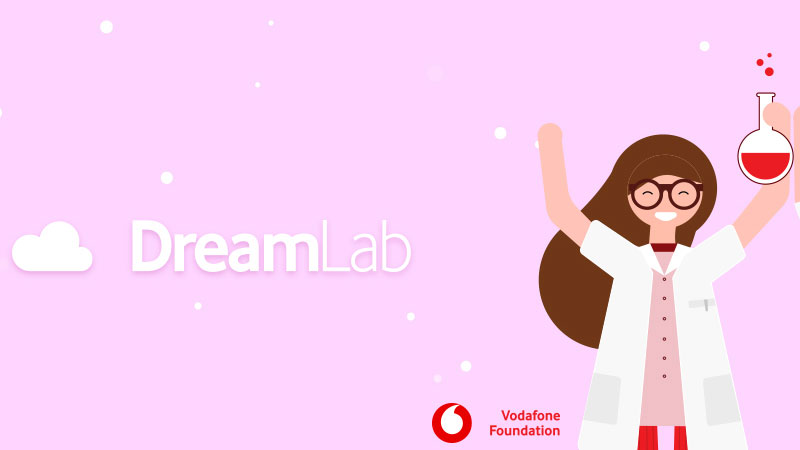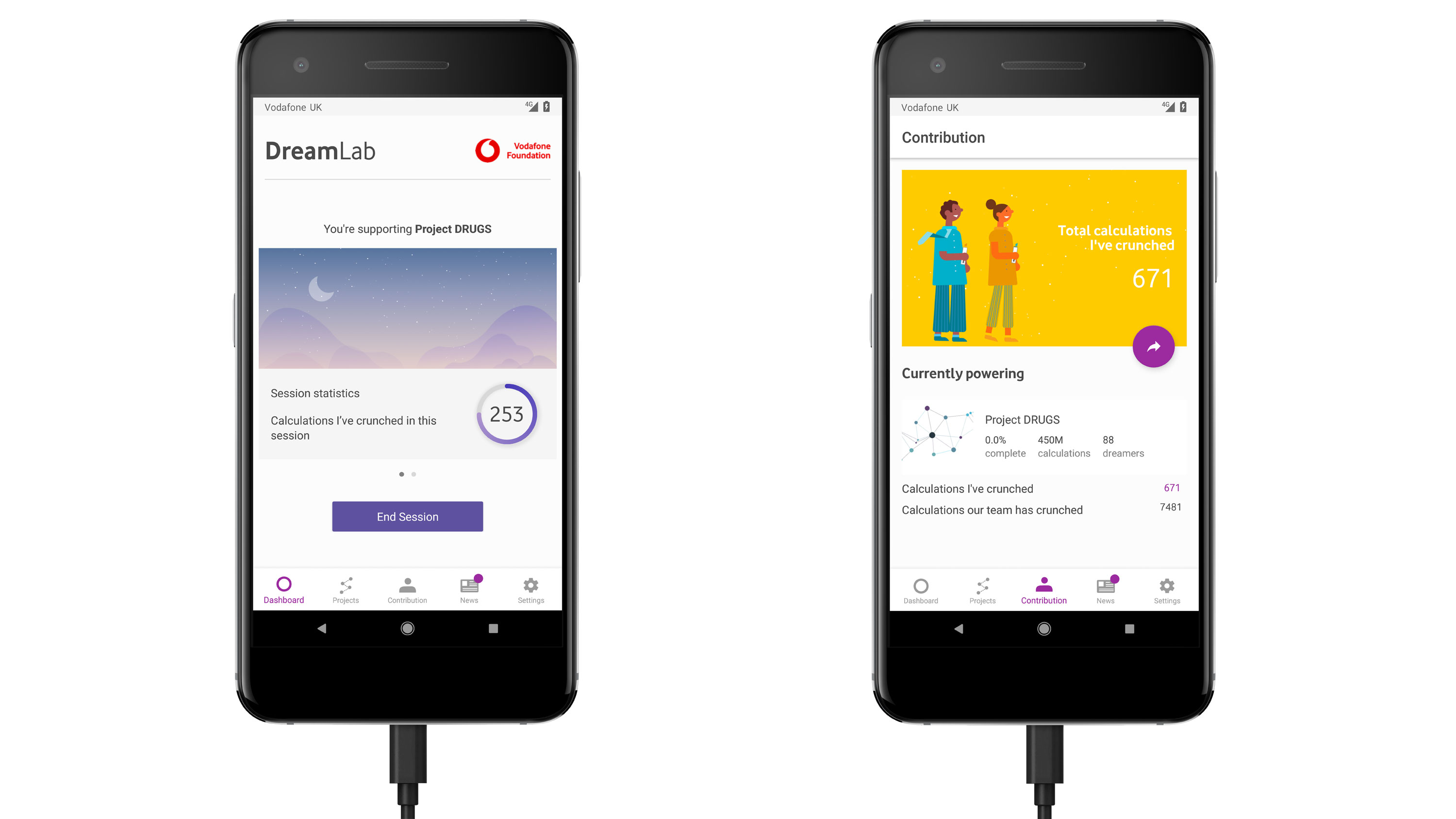This app lets your smartphone help fight cancer while you sleep
As easy as falling asleep

A new app has launched which fights cancer while you sleep by harnessing the processing power of your charging smartphone.
The DreamLab app is a partnership between the Vodafone Foundation and Imperial College London, the latter of which is currently running a project called DRUGS (Drug Repositioning Using Grids of Smartphones).
Its aim is to use the processing power of idle smartphones to help process a huge amount of data which would take an eight-core processor running 24-hours a day, 300 years to process.
However, it's claimed that a network of 100,000 smartphones running the app six hours a night could do the job in just three months.

Plug in, tap open, fall asleep
All you have to do is to remember to open the app on your Android or iOS smartphone before you fall asleep (and plug it in to charge), and it will automatically run in the background while you're dreaming.
If you're connected to WiFi then the background data processing won't even eat into your monthly data allowance/cost you anything if you're on PAYG.
Vodafone customers needn't worry about WiFi though, as the network will foot the bill for any data costs incurred while running the DreamLab app.
Get daily insight, inspiration and deals in your inbox
Sign up for breaking news, reviews, opinion, top tech deals, and more.
Imperial's research aims to use genetic profiles to find the best cancer treatment for sufferers and it believes that the work could speed up access to effective drugs and enable tailored treatments for patients.
The DreamLab app will be available from May 1 on both iOS and Android.

TechRadar's former Global Managing Editor, John has been a technology journalist for more than a decade, and over the years has built up a vast knowledge of the tech industry. He’s interviewed CEOs from some of the world’s biggest tech firms, visited their HQs, and appeared on live TV and radio, including Sky News, BBC News, BBC World News, Al Jazeera, LBC, and BBC Radio 4.